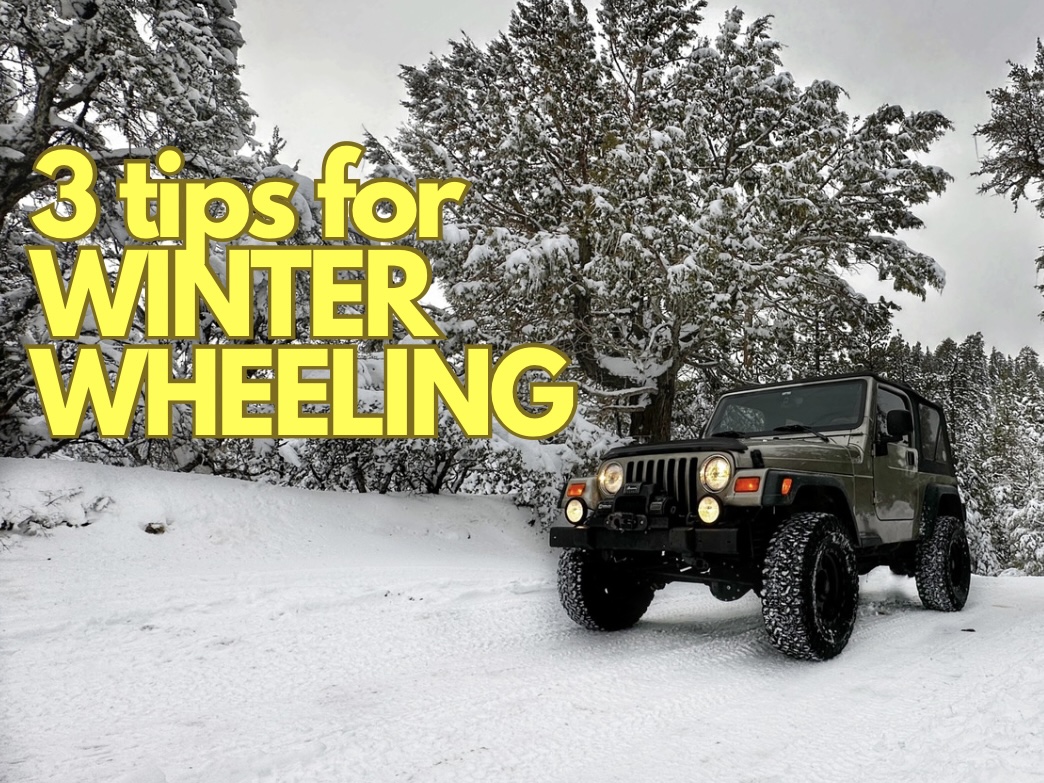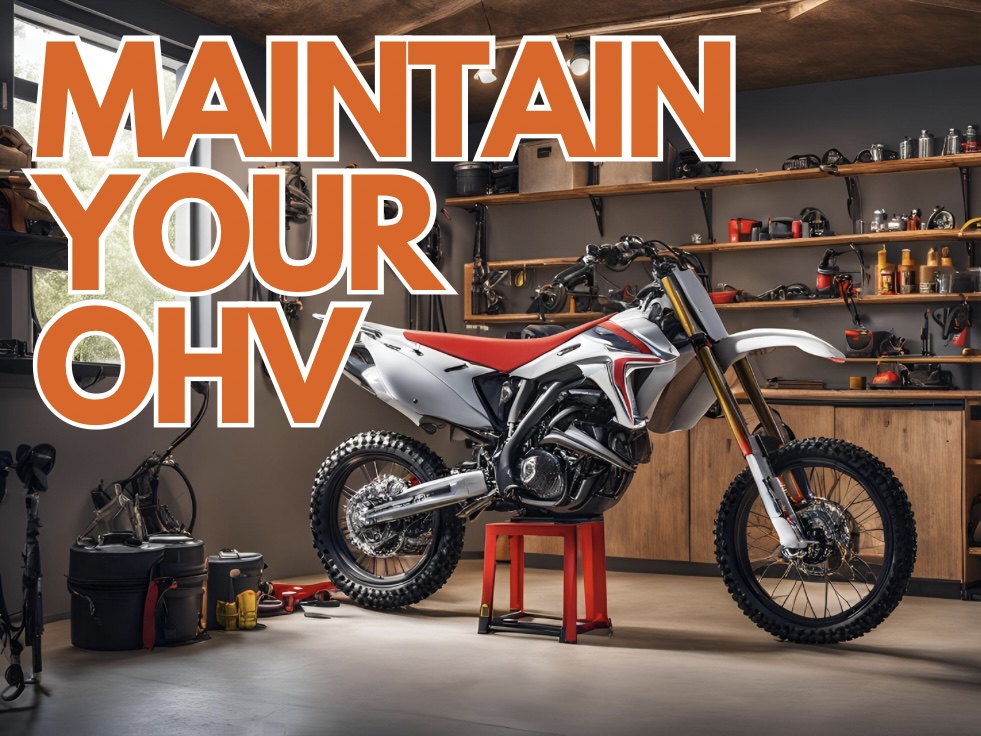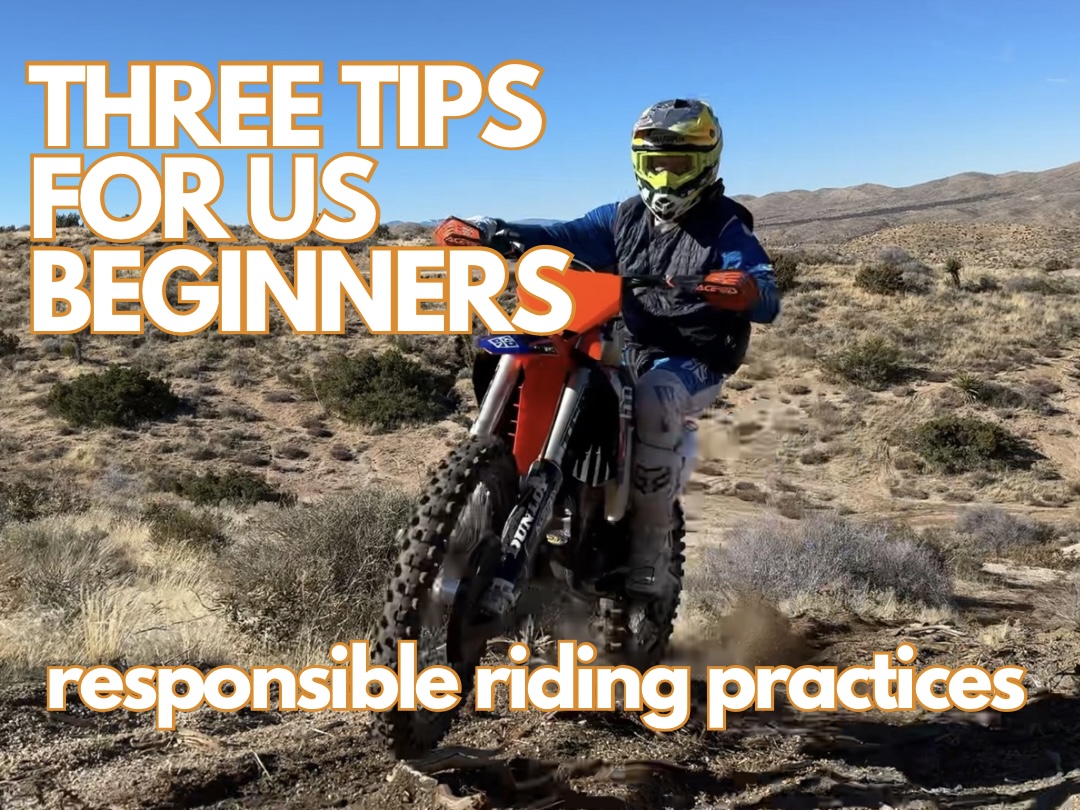Your cart is currently empty!
Etiquette is actually pretty simple
Being an off-road enthusiast comes with the responsibility of practicing proper trail etiquette. Following a code of conduct ensures that both the environment and fellow outdoor enthusiasts remain unharmed and can continue to enjoy the great outdoors for generations to come. In this article, we’ll explore essential trail etiquette for off-road enthusiasts.
• Leave No Trace
One of the fundamental principles for off-road enthusiasts is “Leave No Trace.” This philosophy emphasizes minimizing your impact on the environment to protect the natural beauty of the land. Here’s how you can adhere to this principle:
a. Stay on designated trails: Always stick to established trails and avoid creating new ones. Off-roading in unauthorized areas can damage delicate ecosystems and disrupt wildlife habitats.
b. Pack out what you pack in: Carry out all your trash, including food wrappers, beverage containers, and any other waste. Leave the trail as pristine as you found it.
c. Dispose of waste responsibly: If you’re camping or spending an extended period on the trail, bring a portable toilet and follow proper waste disposal guidelines. Never leave human waste exposed or buried improperly.
d. Avoid disturbing wildlife: Observe animals from a distance and avoid feeding them. Loud noises and close encounters can stress wildlife and disrupt their natural behaviors.
e. Minimize campfire impact: Use a camp stove instead of making fires, and if fires are allowed, use established fire rings. Always fully extinguish fires before leaving.
• Respect Other Trail Users
Off-roading trails are often shared by a variety of outdoor enthusiasts, including hikers, mountain bikers, and equestrians. Show respect and courtesy to fellow trail users:
a. Yield the right of way: Give priority to non-motorized users, such as hikers and bikers. Slow down and be prepared to stop or pull over to let them pass safely.
b. Keep noise levels down: Loud engines and music can disrupt the peace and tranquility of the outdoors. Keep noise to a minimum, especially in designated quiet zones.
c. Maintain a safe distance: When passing other vehicles, pedestrians, or animals, do so at a safe and considerate distance. Slow down and use your horn or signals to alert them to your presence.
d. Respect trail closures and restrictions: Be aware of seasonal trail closures, special regulations, and protected areas. These rules are in place to safeguard the environment and its inhabitants.
• Safety First
Ensuring the safety of yourself, your passengers, and others on the trail is paramount. Follow these safety guidelines:
a. Know your limits: Understand your vehicle’s capabilities and your own off-roading skills. Avoid attempting trails that are beyond your level of expertise.
b. Carry essential gear: Be prepared for emergencies by packing essential items like a first aid kit, tools, recovery equipment, and communication devices such as a radio or satellite phone.
c. Travel in groups: Off-roading with others can provide assistance in case of emergencies and make the experience more enjoyable. Always let someone know your planned route and expected return time.
d. Follow local regulations: Familiarize yourself with the specific off-roading regulations in your area, including vehicle registration, permits, and safety requirements
We have the privilege of exploring some of the most remote and breathtaking landscapes on Earth. To ensure that these natural wonders are preserved for future generations, it is crucial to practice proper trail etiquette. Leave No Trace, respect other trail users, and prioritize safety to enjoy off-roading responsibly. By doing so, you can contribute to the sustainability of off-road recreation and protect the environment.
3 Tips for Wheeling this Winter

Winter on the trails can be both amazing and challenging. The snow cover ground, the beauty of nature at rest and the sense of freedom away from the craziness of our lives back home can leave us wanting to push the limits. It is important however to be prepared at all cost during the winter…
5 Ways to Maintain your OHV

Maintaining your rig is important. It increases the performance and the life of your OHV. Of course the better kept your OHV remains, the less likely you find yourself broken down on the side of the trail wishing you would have taken better care of your things. Here are 5 things you can do to…
3 Tips for New Riders

Ok, the crew is all here, you are all geared up with proper riding gear, you’re hydrated, excited and ear to ride! BUT, it being your first time and all, maybe we should cover a few things with Adam (he’s a pro) Here are three things all beginner riders need to do to hit the…
